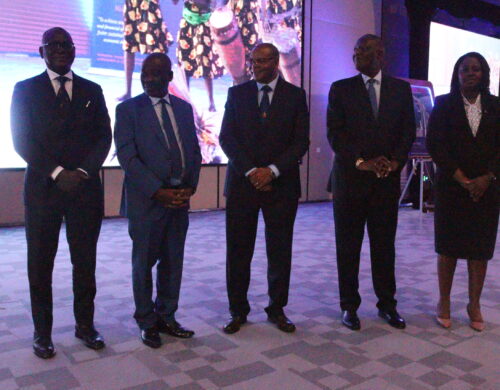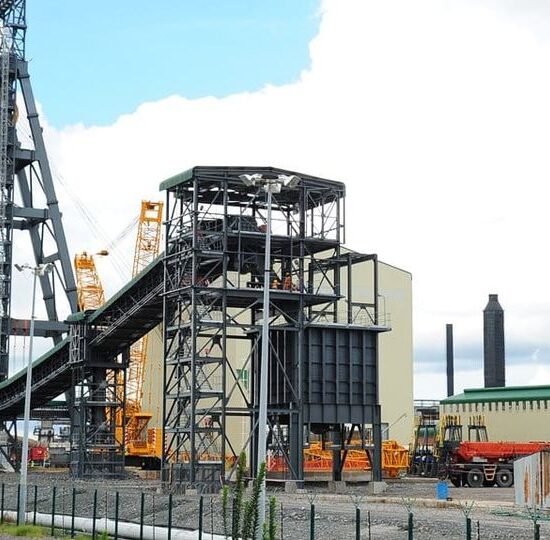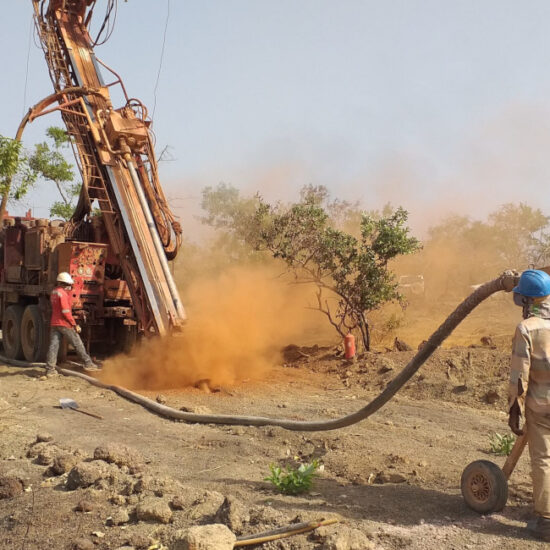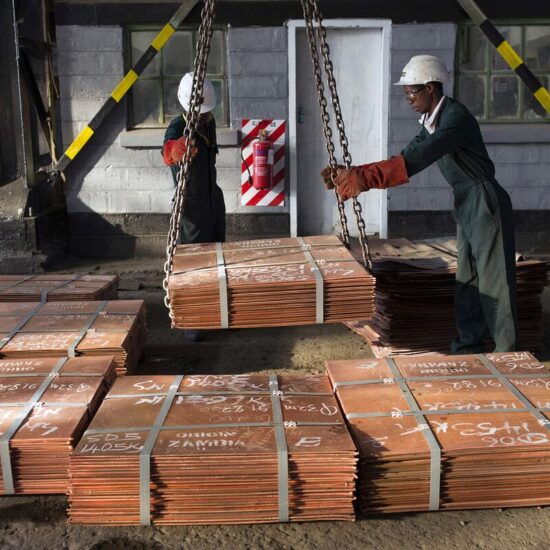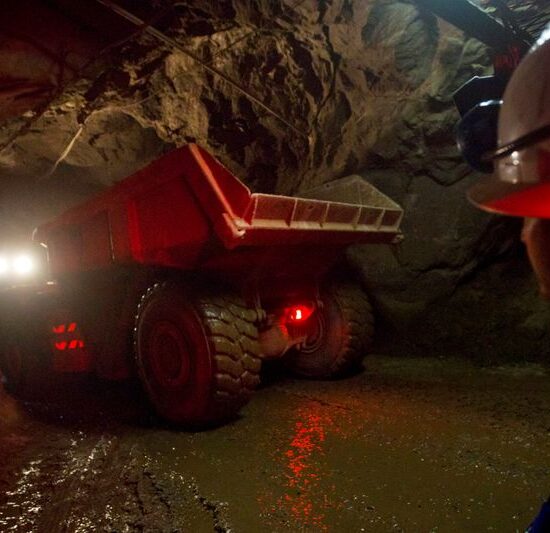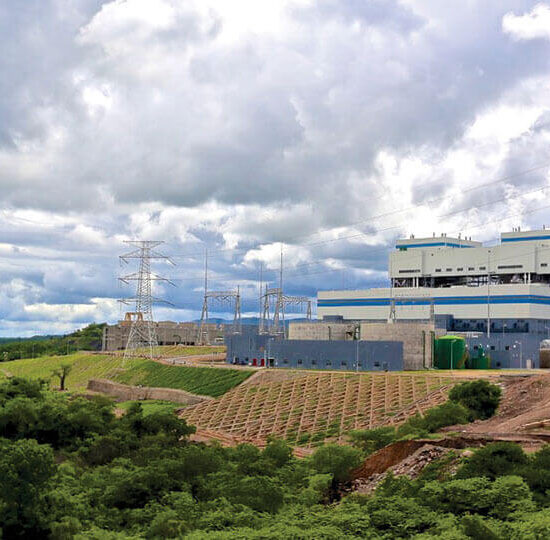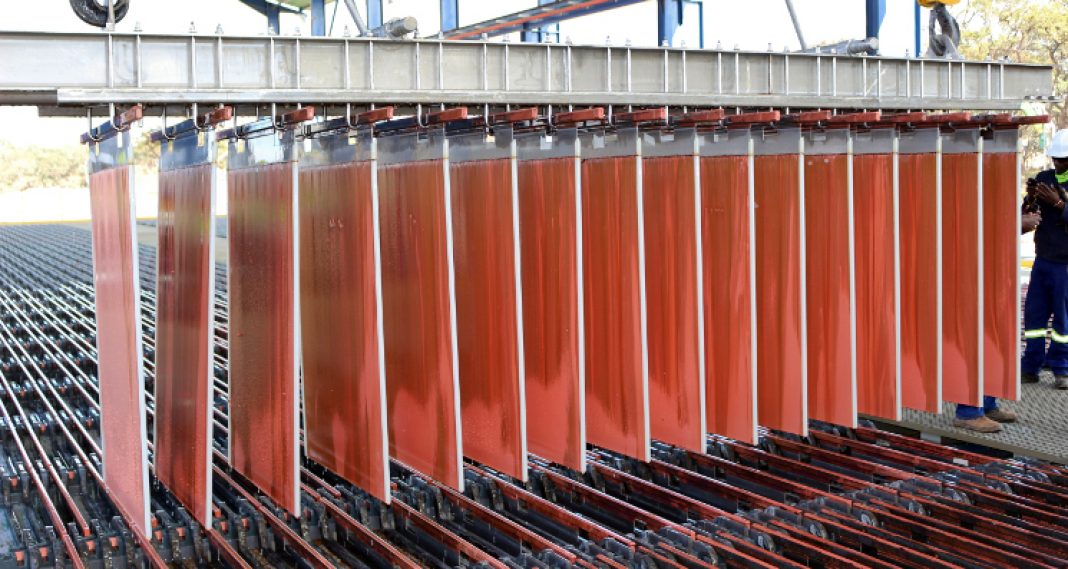
Zambia can only materially benefit from the rising copper prices if there is a mechanism for harnessing export earnings. The local currency can also be supported if copper export proceeds are banked locally, says Musa Dodia – the Private Sector Development Association Chairperson.
There is need to engage the large scale copper exporters to negotiate for them to start banking their proceeds locally so that the country can leverage its high export earnings from its mineral wealth to have huge US dollar deposits.
Copper prices on the London Metal Exchange (LME) have in the recent
days been trading at over US$8,000 per ton, it’s some highs hovering around US$9,600 and US$9,100 per ton.
Speaking in an exclusive interview with Zambian Business Times- ZBT, Private Sector Development Association (PSDA) chairperson Yusuf Dodia said export earnings from mining companies in Zambia do not entirely come back to Zambia which means that the country does not benefit fully from the Copper earnings.
Dodia said the current copper prices is something that ought to benefit the country substantially and help the kwacha to appreciate but the challenge is that the money from the exports of copper do not come back to Zambia.
“The current copper prices is something that ought to benefit our economy quite substantially because in recent days we have seen copper prices go up to as high as US$9,600 per ton, this is something we have not seen before, they are very high.
“Some years ago when we were considering charging windfall tax for mining industry, the trigger price for that was US$7,000 dollars per ton and now we have highs of over US$9,000, therefore, these are much better days for copper pricing and a copper producing country.
“Now the challenge we have is that this money does not come into Zambia but it’s proudly recorded as part of our export earnings and a contribution to Gross Domestic Product (GDP), a huge part of export earnings but it never really comes to Zambia,” he said.
Dodia said this needs to be addressed with urgency to ensure the country benefits while the prices are still high. He said if the money from the export of copper comes into the country, the Kwacha can immediately begin to appreciate and adding value from the current K22 per US dollar to about K10 per US dollar.
“We will also see inflation come down rapidly from the current 22.2 per cent to single digit if we have a mechanism for harnessing these export earnings in Zambia and allowing those exports to build the Zambian economy.
“Harnessing the export earnings will enable the country to finance the growth of the economy, the diversification of the economy to empower Zambians who are running businesses in Zambia to borrow this money in order to expand their businesses to be able to pay more taxes to the government,” Dodia said.
He said this will enable Government to finance its national budget from domestic revenues and be able to finance its own development agenda and growth of the economy through infrastructure development.
“So the impact on the economy would be phenomenal to the extent that within the next ten years this economy will be self-sufficient and the GDP per capita will rise to about US$3,000 to US$4,000,” Dodia added.
